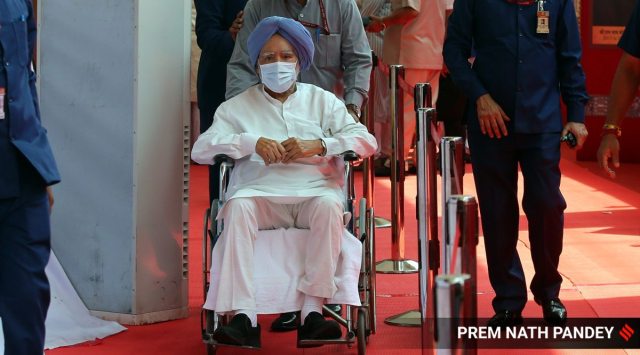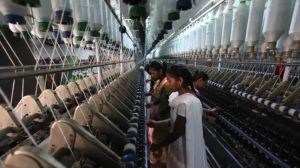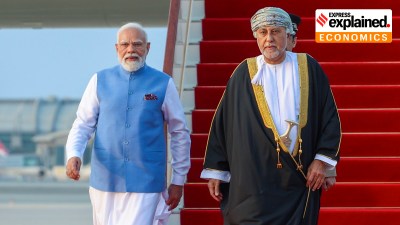Damini Nath is an Assistant Editor with the national bureau of The Indian Express. She covers the housing and urban affairs and Election Commission beats. She has 11 years of experience as a reporter and sub-editor. Before joining The Indian Express in 2022, she was a reporter with The Hindu’s national bureau covering culture, social justice, housing and urban affairs and the Election Commission. Expertise Key Coverage Areas: Damini Nath currently specializes in reporting on two crucial beats: Housing and Urban Affairs: Providing in-depth analysis and reporting on India's urban development, policy, and housing issues. Election Commission (EC): Offering authoritative coverage of electoral processes, policies, and the functioning of India's constitutional body responsible for conducting elections. Professional Background: Her extensive experience includes roles as a reporter and sub-editor, demonstrating a comprehensive understanding of the journalistic process from fieldwork to final production. Previous Role: Before joining The Indian Express in 2022, she served as a dedicated reporter with The Hindu’s national bureau, where her reporting portfolio included: Culture Social Justice Housing and Urban Affairs The Election Commission beat (a consistent area of focus). Trustworthiness Damini Nath's decade-plus career at two of India's most respected and authoritative news institutions, The Indian Express and The Hindu, underscores her commitment to factual, impartial, and high-quality reporting, establishing her as a trusted and credible source for news on urban governance and electoral matters. ... Read More
Manoj C G currently serves as the Chief of National Political Bureau at The Indian Express. A veteran journalist with a career spanning nearly two decades, he plays a pivotal role in shaping the publication's coverage of India's political landscape. Experience & Career: Manoj has built a robust career in political journalism, marked by a transition from wire service reporting to in-depth newspaper analysis. The Indian Express (2008 – Present): He joined the organization in 2008 and has risen to lead the National Political Bureau, overseeing key political coverage. Press Trust of India (PTI): Prior to his tenure at The Indian Express, Manoj worked with India’s premier news agency, PTI, honing his skills in breaking news and accurate reporting. Expertise & Focus Areas: As a seasoned political observer, Manoj focuses on the nuances of governance and party dynamics. National Politics: extensive reporting on the central government, parliamentary affairs, and national elections. Political Strategy: Deep analysis of party structures, coalition politics, and the shifting ideologies within the Indian political spectrum. Bureau Leadership: directing a team of reporters to cover the most critical developments in the nation's capital. Authoritativeness & Trust: Manoj’s authoritativeness is grounded in his nearly 20 years of field experience and his leadership role at a legacy newspaper. His long-standing association with The Indian Express underscores a reputation for consistency, editorial integrity, and rigorous reporting standards required of a Bureau Chief. Find all stories by Manoj C G here. ... Read More
Stay updated with the latest - Click here to follow us on Instagram
- Tags:
- Manmohan Singh










